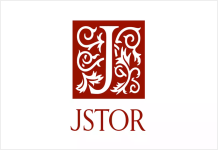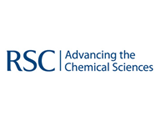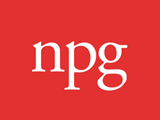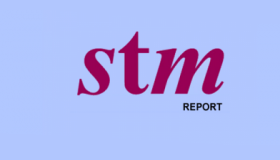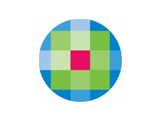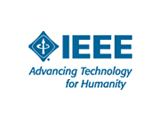Scientific data: open access to research results will boost Europe’s innovation capacity
The European Commission today outlined measures to improve access to scientific information produced in Europe. Broader and more rapid access to scientific papers and data will make it easier for researchers and businesses to build on the findings of public-funded research. This will boost Europe’s innovation capacity and give citizens quicker access to the benefits of scientific discoveries. In this way, it will give Europe a better return on its €87 billion annual investment in R&D. The measures complement the Commission’s Communication to achieve a European Research Area (ERA), also adopted today.
As a first step, the Commission will make open access to scientific publications a general principle of Horizon 2020, the EU’s Research & Innovation funding programme for 2014-2020. As of 2014, all articles produced with funding from Horizon 2020 will have to be accessible:
- articles will either immediately be made accessible online by the publisher (‘Gold’ open access) – up-front publication costs can be eligible for reimbursement by the European Commission; or
- researchers will make their articles available through an open access repository no later than six months (12 months for articles in the fields of social sciences and humanities) after publication (‘Green’ open access).
The Commission has also recommended that Member States take a similar approach to the results of research funded under their own domestic programmes. The goal is for 60% of European publicly-funded research articles to be available under open access by 2016.
The Commission will also start experimenting with open access to the data collected during publicly funded research (e.g. the numerical results of experiments), taking into account legitimate concerns related to the fundee’s commercial interests or to privacy.
84 % of respondents to a 2011 public consultation said that access to scientific literature is not optimal. Studies show that without speedy access to up-to-date scientific literature, it takes small and medium-sized enterprises up to two years longer to bring innovative products to the market. An EU-funded study showed that currently only 25% of researchers share their data openly.
Neelie Kroes, European Commission Vice-President for the Digital Agenda, said: “Taxpayers should not have to pay twice for scientific research and they need seamless access to raw data. We want to bring dissemination and exploitation of scientific research results to the next level. Data is the new oil.”
Máire Geoghegan-Quinn, European Commissioner for Research and Innovation, said: “We must give taxpayers more bang for their buck. Open access to scientific papers and data will speed up important breakthroughs by our researchers and businesses, boosting knowledge and competitiveness in Europe.”
Background
Open access gives readers free access to research results over the Internet. The Commission today adopted a Communication that sets out open access policy objectives for the research funded by the Commission through “Horizon 2020” An accompanying Commission Recommendation sets out a complete policy framework for improving access to, and preservation of, scientific information. Together these two initiatives feed into the wider context of achieving a European Research Area (see IP/12/788 and MEMO/12/564 also issued today). This builds on a 2007 Communication on scientific information in the digital age (seeIP/07/190) and on Council conclusions of that same year.
The Commission will:
- define open access to peer-reviewed publications as the general principle in Horizon 2020, either through open access publishing (‘Gold’ open access) or self-archiving (‘Green’ open access)
- promote open access to research data (experimental results, observations and computer-generated information etc.) and set a pilot framework in Horizon 2020, taking into account legitimate concerns in relation to privacy, commercial interests and questions related to large data volumes
- develop and support e-infrastructures to host and share scientific information (publications and data) which are interoperable on European and global level
- help researchers to comply with open access obligations and promote a culture of sharing.
The Digital Agenda for Europe set out an ambitious ‘open data’ policy covering the full range of information that public bodies across the European Union produce, collect or pay for. The EU’s Innovation Union flagship also explicitly backs Open Access as an essential element in realising the European Research Area (ERA). The Communication and Recommendation on scientific information complement a Communication on “A reinforced European Research Area partnership for excellence and growth’, also being adopted today, which sets out key priorities for completing the European Research Area, including the optimal circulation, access to and transfer of scientific knowledge.
The European Commission will continue to fund projects related to open access. In 2012-2013, the Commission will spend €45 million on data infrastructures andresearch on digital preservation. Funding will continue under the Horizon 2020 programme. During the same period, the Commission will support experimentation with new ways of handling scientific information (e.g. new peer-review methods and ways of measuring article impact).
See also MEMO/12/565







